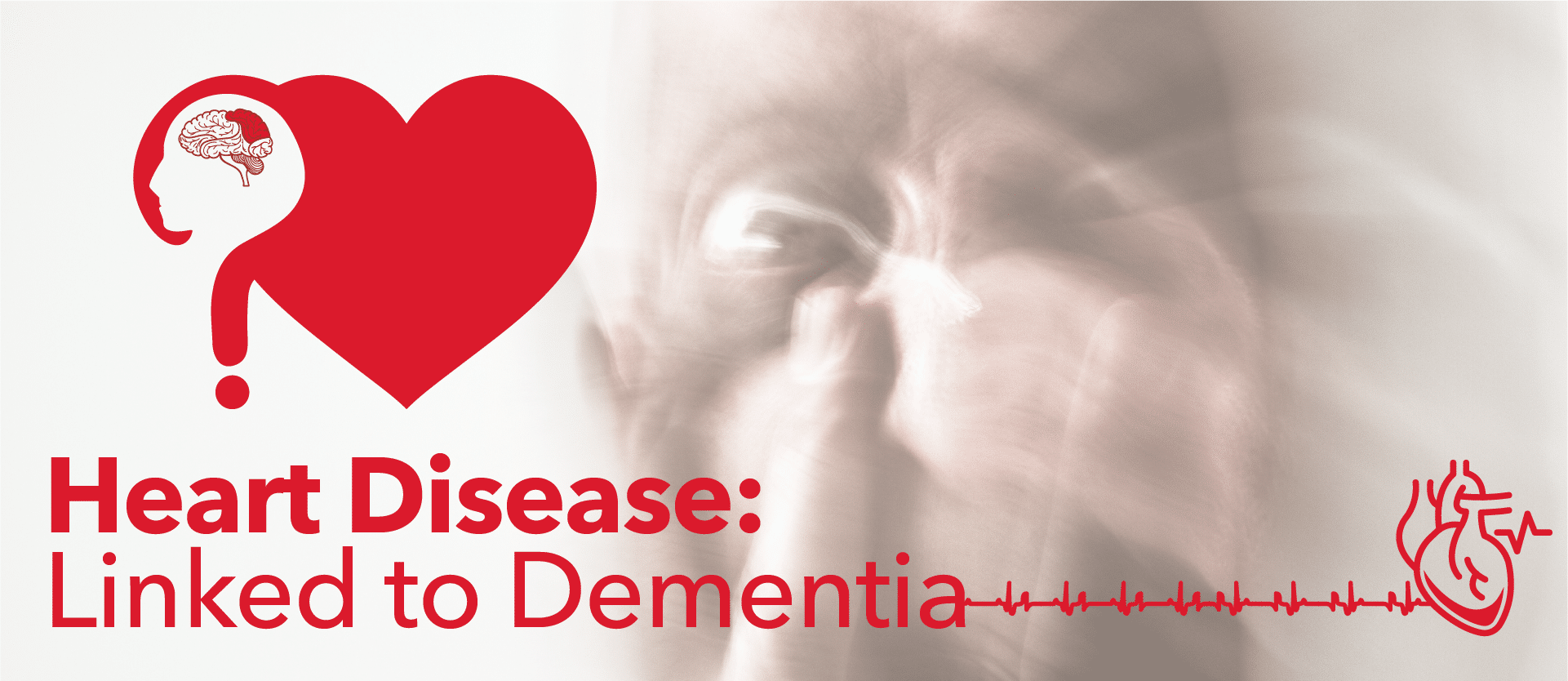A recent NIH-funded study suggests that middle-aged people with risk factors for cardiovascular disease, including heart attacks and stroke, are more likely to develop dementia in old age than people without vascular risk factors.
The study, published in JAMA Neurology, included factors like diabetes, high blood pressure and smoking. “With an aging population, dementia is becoming a greater health concern. This study supports the importance of controlling vascular risk factors like high blood pressure early in life in an effort to prevent dementia as we age,” said Walter J. Koroshetz, MD, director of NIH’s National Institute of Neurological Disorders and Stroke.
The NIH has funded a public health campaign titled “Mind Your Risks,” with the goal of raising awareness of the strong correlation between cardiovascular and brain health. “What’s good for the heart is good for the brain,” says Koroshetz. Among the study’s participants, smoking in middle age was associated with 41% higher odds of dementia; diabetes was linked to a 77% greater risk.
The study’s results contribute to a growing body of evidence and scientific literature that links midlife vascular health to dementia, including the potential of modifying the vascular risk factors to lessen the possibility of dementia. Factors like obesity, diabetes, high blood pressure, and smoking can all be controlled–over time, reducing the risk of dementia.
By focusing on risk factors before middle age, patients have an opportunity to treat and reverse these factors, with the ultimate goal of reducing dementia risk before it is too late.


















